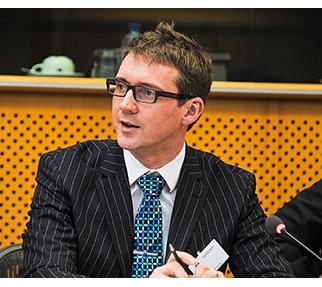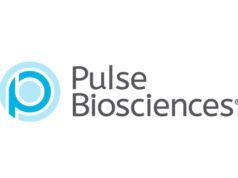
Over 260,000 people with atrial fibrillation (AF) in the UK are receiving either no preventative treatment, or are still taking only aspirin, no longer recommended by NICE (the National Institute for Health and Care Excellence) for the prevention of atrial fibrillation-related stroke.
This news comes as a result of a recent review of anonymised general practice data from across the UK.
These latest figures are announced two years after NICE published guidelines on the management of atrial fibrillation, recommending anticoagulation with an oral anticoagulant for atrial fibrillation-related stroke prevention, and advising against aspirin on its own to prevent stroke. The data review showed that even in 2016, 140,402 patients (15.7% of patients reviewed) were still not receiving any preventative treatment and 120,905 patients (13.5% of patients reviewed) were still receiving only aspirin for stroke prevention, out of 894,885 patients in total.
“This is a large-scale problem equating to Wembley stadium being filled almost three times over with atrial fibrillation patients receiving no therapy or inappropriate therapy for atrial fibrillation-related stroke prevention,” says Trudie Lobban chief executive officer and founder, AF Association, and founder and trustee of the Arrhythmia Alliance. “We have effective therapies that could help prevent these strokes, so we need to ensure all atrial fibrillation patients have the choice to receive them where appropriate.”
Separate data from the end of 2015 looking at stroke services also shows that over one fifth of stroke patients are already in AF on admission: of these, less than half (49%) are taking anticoagulants and 25% are taking only antiplatelet drugs, such as aspirin.
Martin Cowie, honorary consultant cardiologist at the Royal Brompton and Harefield NHS Foundation Trust (London, UK) says: “It is extremely worrying to see so many patients with atrial fibrillation at risk of stroke because they are not taking anticoagulation therapy, or in many cases aspirin is still being prescribed. Aspirin has many valid uses but it has been shown to be inappropriate for the prevention of atrial fibrillation-related stroke. People with atrial fibrillation not receiving any anticoagulation or remaining on aspirin solely for stroke prevention require urgent review of their treatment and, if appropriate, initiation of anticoagulation therapy to help avoid a preventable and devastating stroke. The medical community needs to wake up to the current situation and make urgent changes to improve the level of care people can expect in the UK.”
To encourage implementation of the NICE CG180 guideline, the AF180 Degrees Campaign (AF180) has been developed by a group of expert healthcare professionals and patient advocates to support change in order to prevent atrial fibrillation-related strokes, in line with NICE Clinical Guideline 180. It is aimed at people with an interest in the prevention of atrial fibrillation-related stroke, including patients. Recommended roles and responsibilities for healthcare professionals, patients, their families and carers, the general public and commissioners to improve atrial fibrillation-related diagnosis and management have been developed along with a list of the top five questions patients with atrial fibrillation should ask their doctor when discussing treatment to prevent a stroke.









